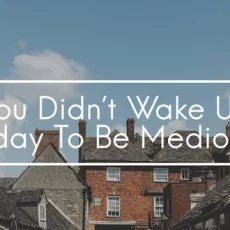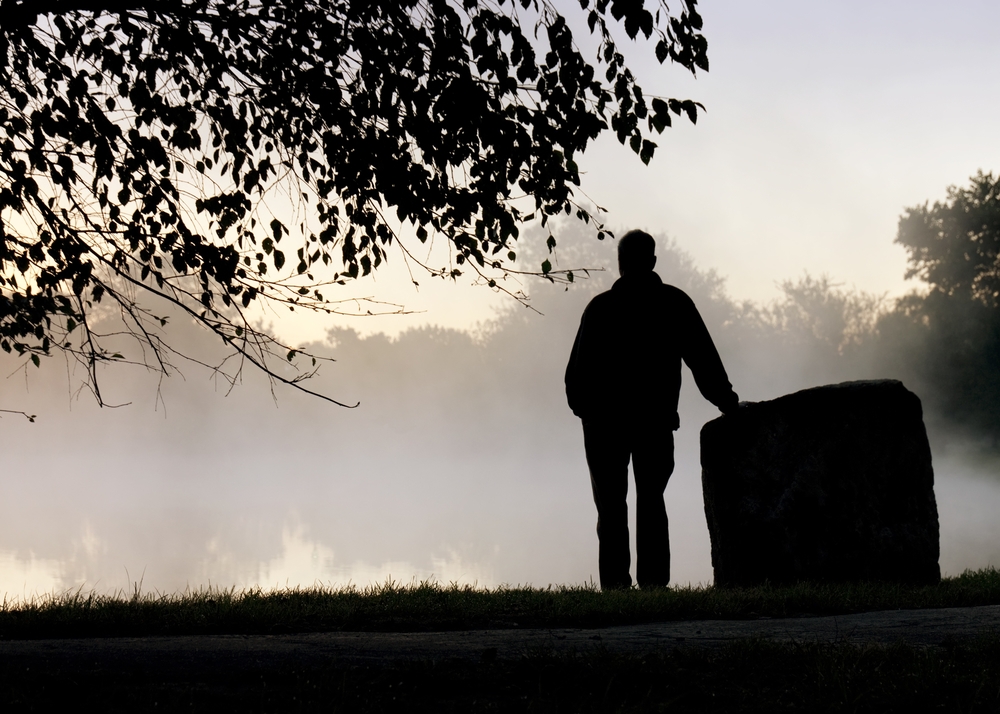For many of us, when we feel scared or anxious or hurt, expressing what we feel to others would be the last option towards making ourselves feel better. So when we have a fight with our partner and we are asked how we are doing, we smile like nothing happened. When we have a meeting the next day and we are flustered about its contents, instead of showing our confusion we try and act the opposite of what we are feeling i.e. we radiate confidence. We use the only manoeuvre we know in response to feeling vulnerable, which is to suffocate any feeling which makes us feel we are not in control. That we don’t look the way in which we want ourselves to be seen by others – strong, brave, courageous, smart, practical, dry of emotions.
At the end of the day, we are social creatures who have somewhere along the line started accepting being poised with being ideal. And yet there might be an alternative to this punishing method – in times of fear, sadness, hurt, anger we can express to others how we are feeling like we are stranded on an isolated island, how we are pretty scared and at the same time, very anxious about the future and that we need someone’s company to comfort us.
It might sound like a lot, in the beginning; letting ourselves be seen. “How can I tell my partner that I feel anxious about having a baby? How can I tell my professor that his comment hurt me? How can I tell my parents that they did not support me when I really needed them? How would they feel? I don’t wish to be a bad person.” But the truth is that your feelings will find an outlet eventually. If not through your mouth then through your actions. One way or the other this person will know how you actually felt. Then isn’t it better if things exit from your mouth?
Being vulnerable also lets us embrace our humanness. We have been given the strength to endure and the strength to fall apart. And it is most likely the falling apart which will help us connect more as human beings, with each other, more than the strength ever will.
Even though our evolutionary animalistic instincts might suggest against doing this, once we do start welcoming our vulnerability we are likely to feel comforted and lighter; our connection with those around us will strengthen and become more intimate and most important of all, the revelation of our vulnerability can speak of our strengths instead of our weaknesses.
We might find it more healthy to learn how to lean in to our fears, listen to them, acknowledge them and talk about them instead of treating them like enemies. Instead of imagining the world to be a place where only our praises can be sung, we can think of it as a place where we can reveal a little more of our true selves and that there might not be anything more beautiful than us accepting ourselves for who we are.



